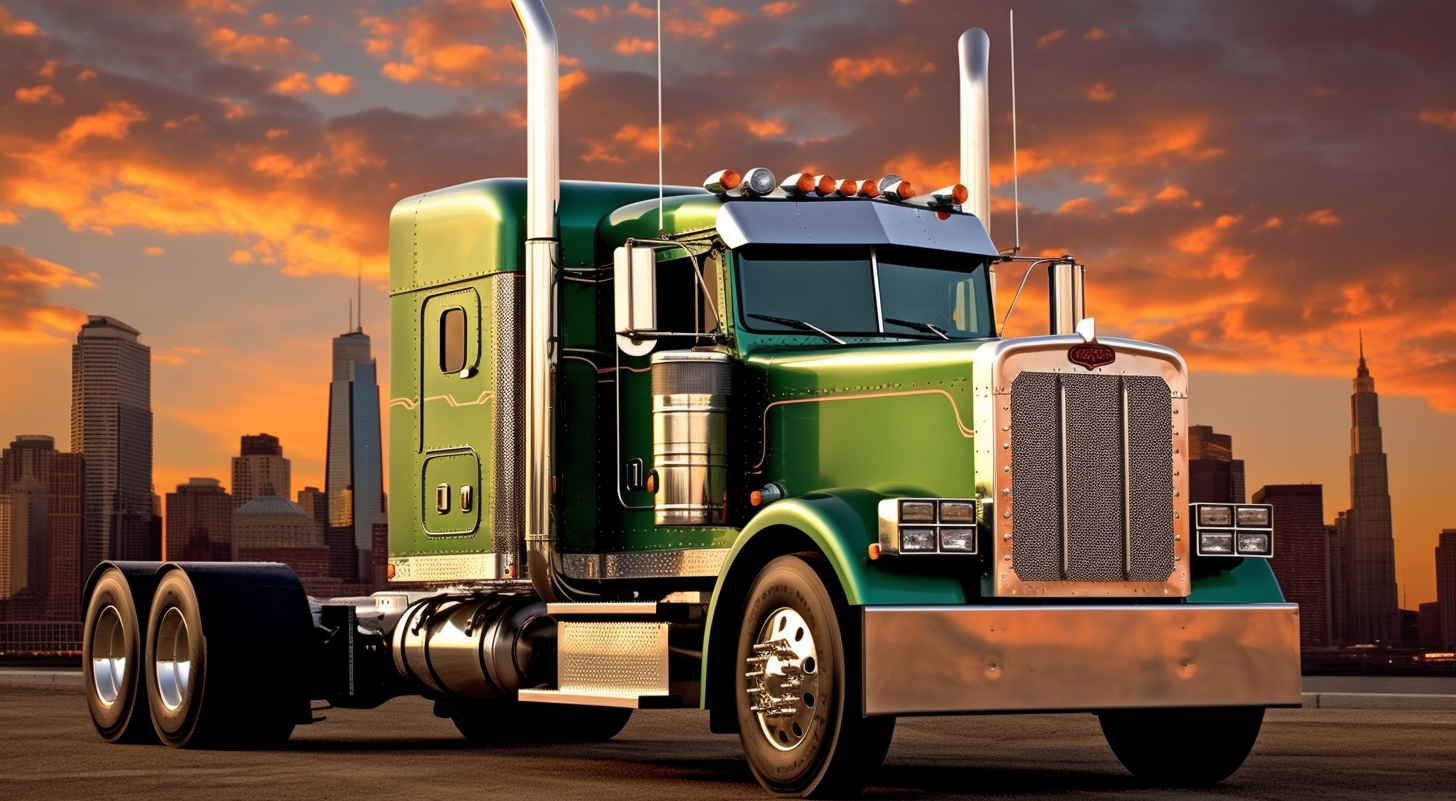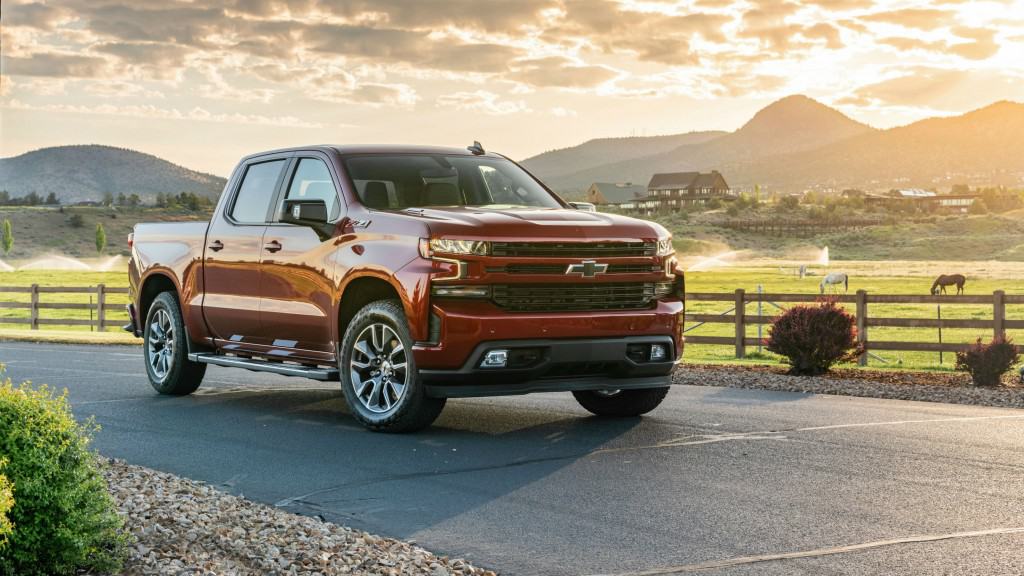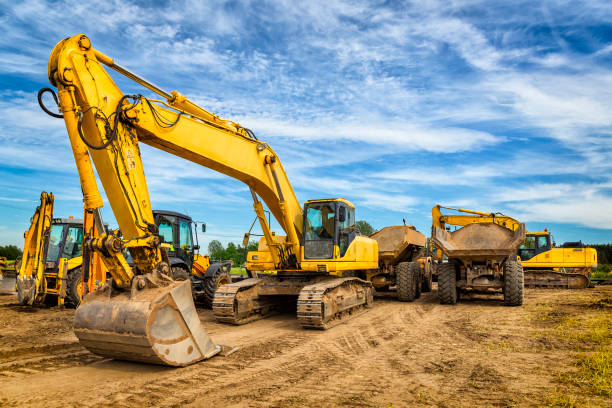
Construction trucks are the unsung heroes of the building industry. Without these powerful and versatile machines, our modern infrastructure would not exist. In this detailed guide, we will explore the different types of construction trucks and their various functions, as well as discuss the factors to consider when choosing the right truck for a specific job. By understanding the capabilities of each machine, you can ensure that your construction projects run smoothly and efficiently.
The Different Types of Construction Trucks
Excavators
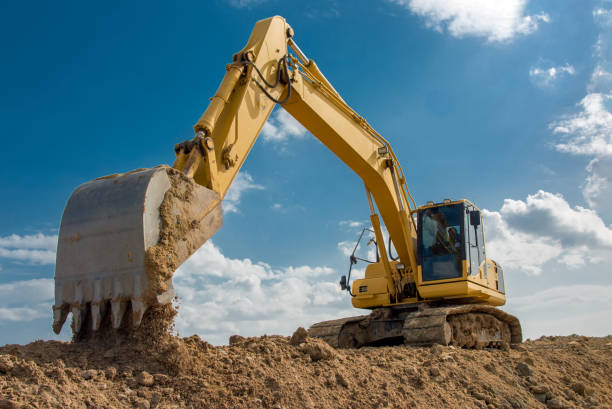
Excavators are one of the most common types of construction trucks, used for digging and moving large amounts of earth or other materials. They are equipped with a long boom arm and a bucket, which can be replaced with other attachments for different tasks. Excavators come in various sizes, from mini excavators for small-scale projects to large hydraulic excavators for heavy-duty work.
Loaders
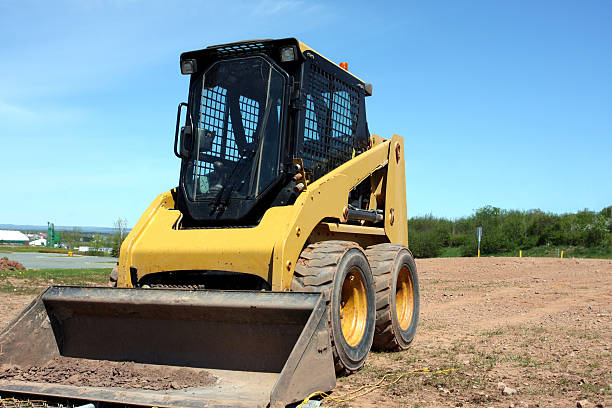
Loaders are versatile construction trucks designed for loading and transporting materials, such as soil, gravel, and debris. They are equipped with a large bucket at the front, which can be raised and lowered to scoop up materials. Loaders come in various types, including wheel loaders, skid steer loaders, and track loaders, each with its own advantages and specific applications.
Bulldozers
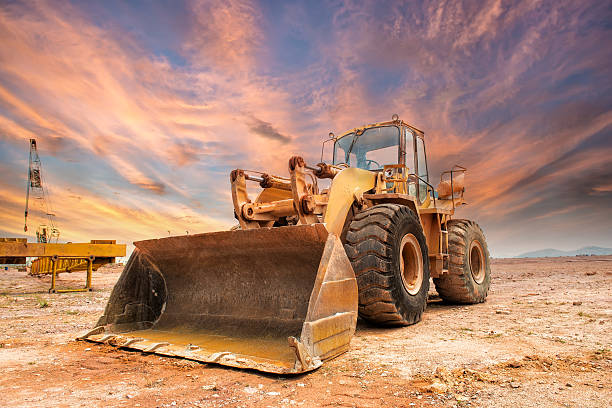
Bulldozers are powerful construction trucks that are primarily used for pushing and leveling large amounts of material, such as soil or debris. They are equipped with a large, heavy blade at the front, which can be angled to push materials in different directions. Bulldozers are typically used for land clearing, grading, and creating access roads.
Dump Trucks
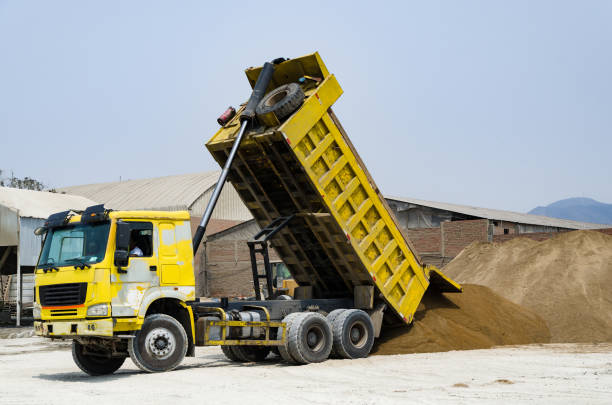
Dump trucks are essential for transporting construction materials, such as dirt, gravel, and debris, to and from job sites. They are equipped with a large, open-box bed that can be hydraulically lifted to dump its contents. Dump trucks come in various sizes and configurations, including standard dump trucks, articulated dump trucks, and off-highway dump trucks, each with its own capabilities and applications.
Concrete Trucks
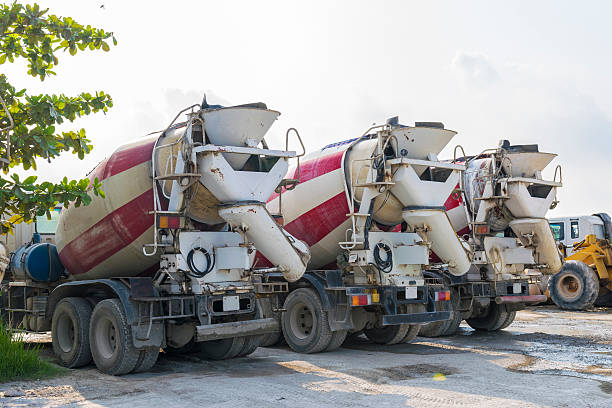
Concrete trucks are specialized construction trucks that transport and mix concrete for construction projects. They are equipped with a rotating drum that mixes the concrete while in transit, ensuring that it remains fresh and workable upon arrival at the job site. Concrete trucks are essential for projects requiring large amounts of concrete, such as roadways, bridges, and building foundations.
Factors to Consider When Choosing Construction Trucks
Project Requirements
The specific requirements of your construction project will dictate the types of construction trucks you need. Consider factors such as the size and scope of the project, the materials being used, and the terrain of the job site. For example, a large-scale earthmoving project may require excavators, bulldozers, and dump trucks, while a concrete pouring project would necessitate the use of a concrete truck.
Truck Specifications
Different construction trucks have varying specifications, such as weight capacity, engine power, and maneuverability. It’s essential to choose trucks with the appropriate specifications for your project to ensure optimal performance and efficiency. Factors to consider include the truck’s maximum load capacity, engine horsepower, and turning radius.
Budget
Your budget will play a significant role in determining the construction trucks you choose for your project. Purchasing or renting construction trucks can be a significant investment, so it’s crucial to carefully consider your options and weigh the costs against the benefits. Keep in mind that investing in high-quality, reliable trucks may save you money in the long run by reducing downtime and maintenance costs.
Operator Skill and Training
The skill and training of your construction truck operators can have a significant impact on the efficiency and safety of your project. Operating construction trucks requires a specific set of skills and knowledge, so it’s crucial to have trained operators who understand how to use each machine properly and safely. Additionally, ensure your operators have the appropriate certifications and licenses, if required.
The Impact of Technology on Construction Trucks
Efficiency Enhancements
Thanks to technological advancements, construction trucks have become more efficient and effective. GPS and telematics systems allow for precise navigation and real-time tracking of truck operations. Additionally, automation technologies, such as autonomous loading and unloading systems, can increase productivity and reduce human error.
Safety Improvements
Technology has also improved the safety of construction trucks. Features such as rearview cameras, proximity detection systems, and automatic braking systems can help prevent accidents on the job site. Furthermore, advanced diagnostic systems can alert operators to potential mechanical issues before they become serious, thereby preventing equipment failure and ensuring the safety of workers.
Sustainability Initiatives
With growing concern about environmental impact, many construction truck manufacturers are incorporating sustainability initiatives into their designs. This includes developing trucks that use alternative fuels or electric power, which can significantly reduce carbon emissions. Additionally, technology can help optimize fuel consumption, reducing the environmental footprint of construction projects.
Conclusion
Construction trucks are a vital part of the construction industry, playing a crucial role in building the world around us. Whether you’re moving earth, transporting materials, or pouring concrete, it’s crucial to understand the different types of construction trucks and their various functions. By considering factors such as project requirements, truck specifications, budget, and operator skill, you can select the right construction trucks for your project and ensure its success. Furthermore, staying abreast of technological advancements in the field can help you enhance efficiency, safety, and sustainability in your operations.





